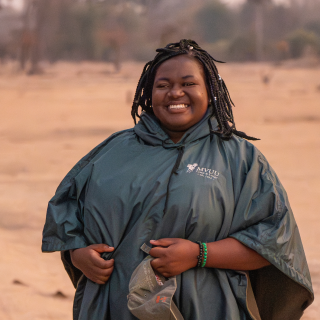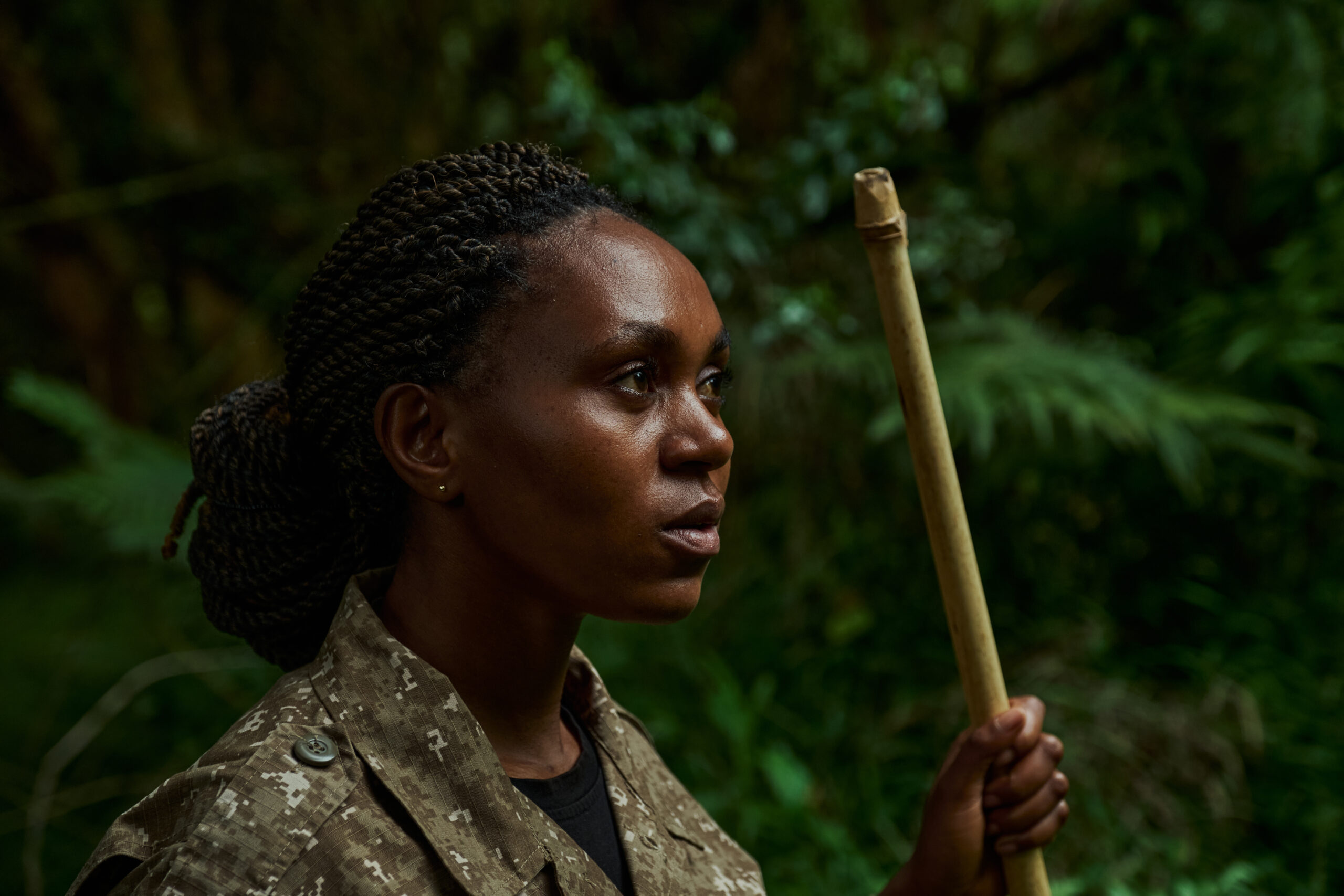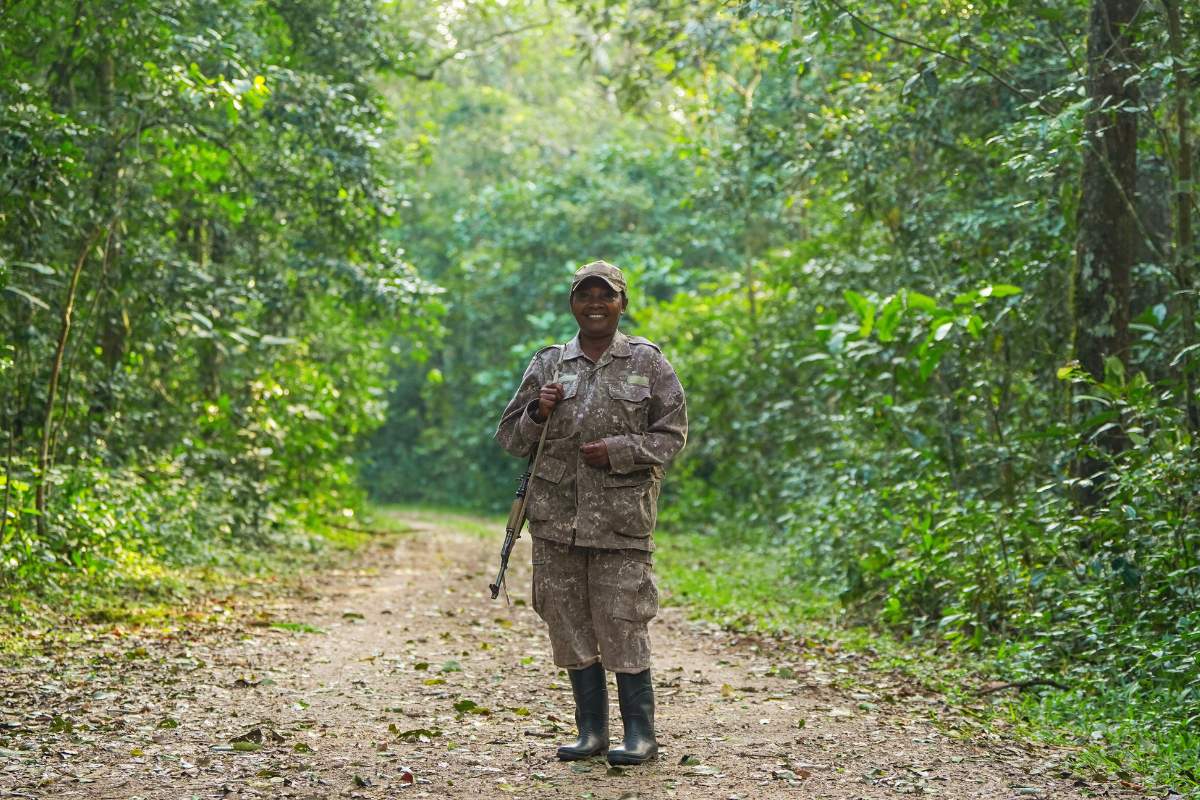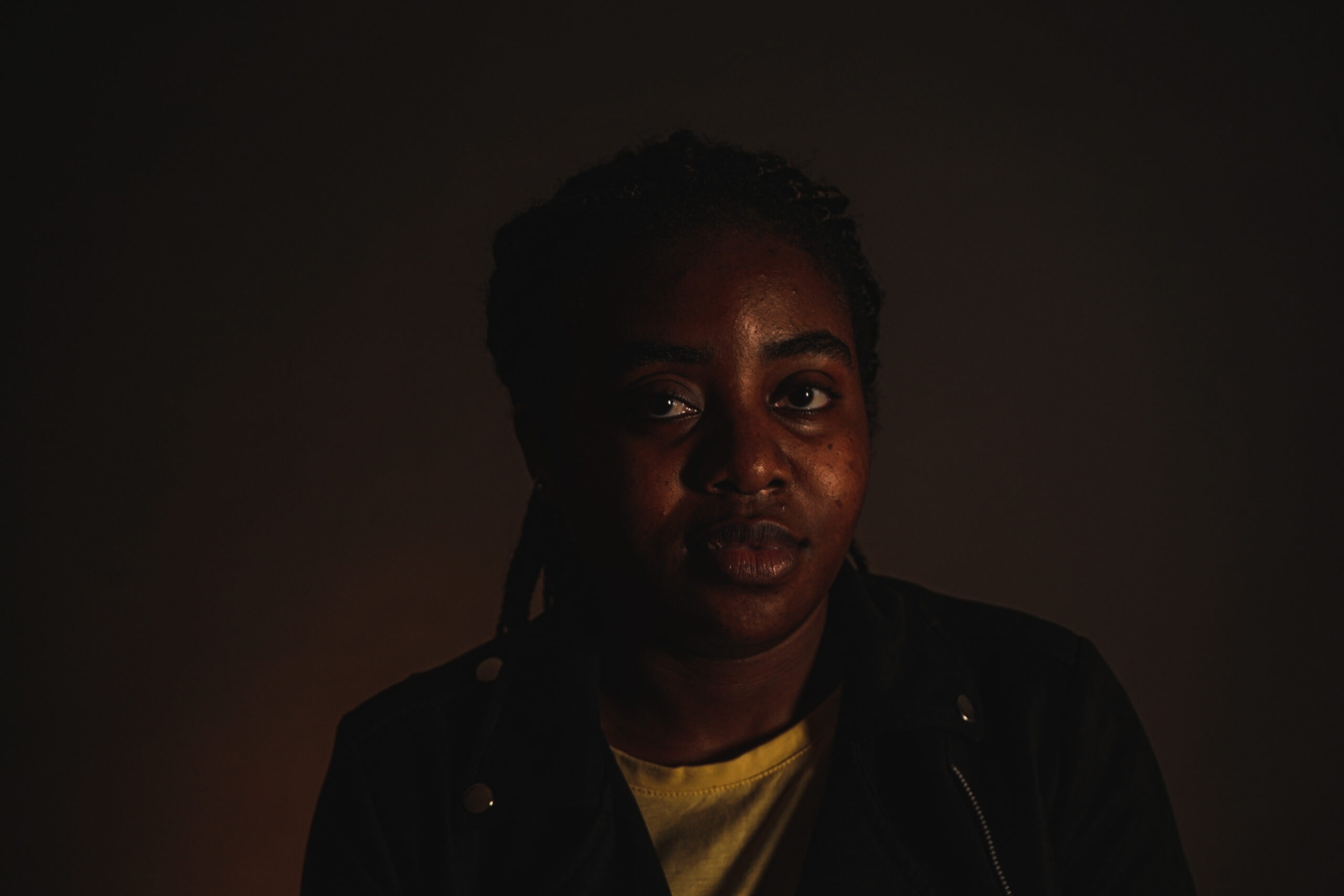Growing up in the serene village of Misuku in northern Malawi, Sellah Malanga was surrounded by towering pine trees, cool breezes, and beautiful, green landscapes. These were idyllic childhood memories that years later were turned upside down when she returned to her grandmother’s village, where trees had been cut down, landscapes were barren, and the vibrant beauty she had cherished was now lost to deforestation. This stark realisation planted in her the seeds of her passion for conservation. Today, Sellah’s story—from teacher to veterinarian to regional manager for Lessons in Conservation—demonstrates how one woman can take the heartbreak in her life and build it into a mission of hope and empowerment.
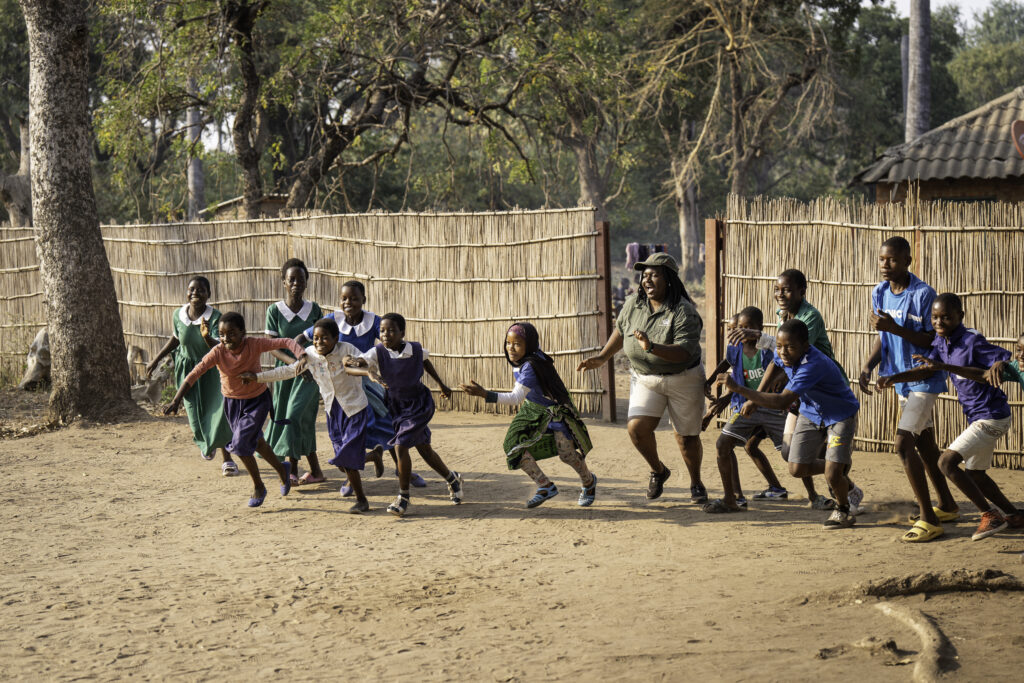
Sellah’s journey toward her role in conservation was unconventional. She had wanted to be a lawyer but afterward felt her calling in teaching. She also deeply loves children and possesses natural leadership qualities; this passion drove her to volunteer as a wildlife mentor in her school. “I thought maybe I could make up for not being able to save my home village by teaching children to protect what’s left,” she reflects.
This drive led her into veterinary studies and eventually to Lessons in Conservation (LIC), where she could merge her love for children, education, and nature into a single purpose. As regional manager for LIC, Sellah wears many hats. She coordinates teams, builds partnerships with local and international organisations, and identifies communities most in need of conservation education. Her efforts have brought LIC to areas such as Kuti Reserve, where deforestation and poaching were rampant. Through hands-on programs with children, including boat rides, wildlife education, and interactive games, Sellah helps young minds connect with the natural world. “You can only love and protect what you know,” she says, emphasising the importance of experiential learning.
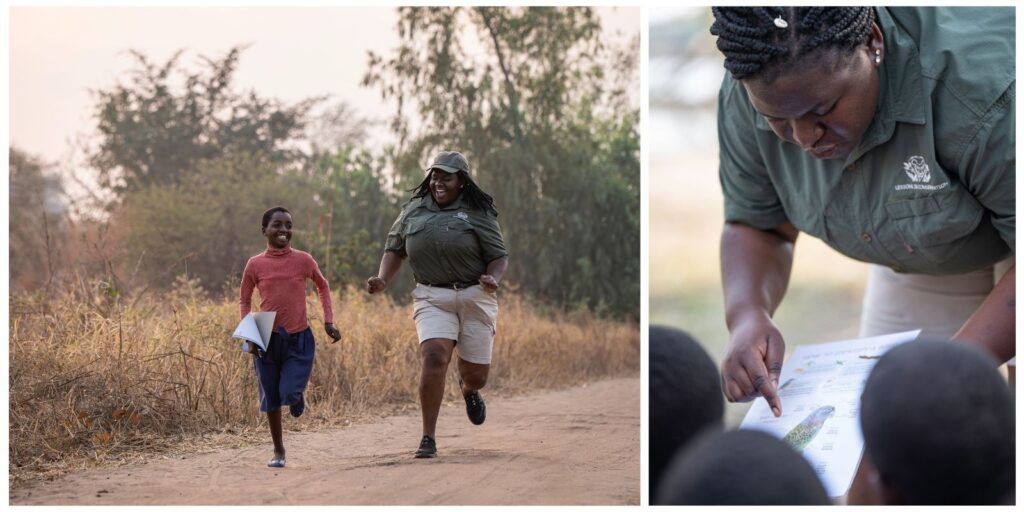
Sellah’s work is not just about the environment; it’s about cultivating a culture of care and responsibility among Malawi’s youth. She believes that instilling such conservation values at an early age ensures these children will take up the mantle and pass the torch to future generations. Her message to young people is simple yet powerful: “The future can be green, or it can be not at all. It all depends on us.”
Yet, amidst all her professional success stories, Sellah’s journey has also been deeply personal. After the death of her mother in 2019, she fell into grief and depression. Joining LIC provided her with a sense of family and rejuvenation for healing. “LIC gave me a moment to fulfil my dream of protecting the beauty of Malawi, which I felt was something I couldn’t do for my home village,” she says.
In a field mostly characterised by men, Sellah stands out as a beacon of hope and empowerment for women in Malawi. She has inspired countless young girls to pursue careers in conservation, proving that at the end of the day, passion and hard work can break any barrier. “It feels good to be part of their story, to show them that women can lead and make a difference,” she says with pride.
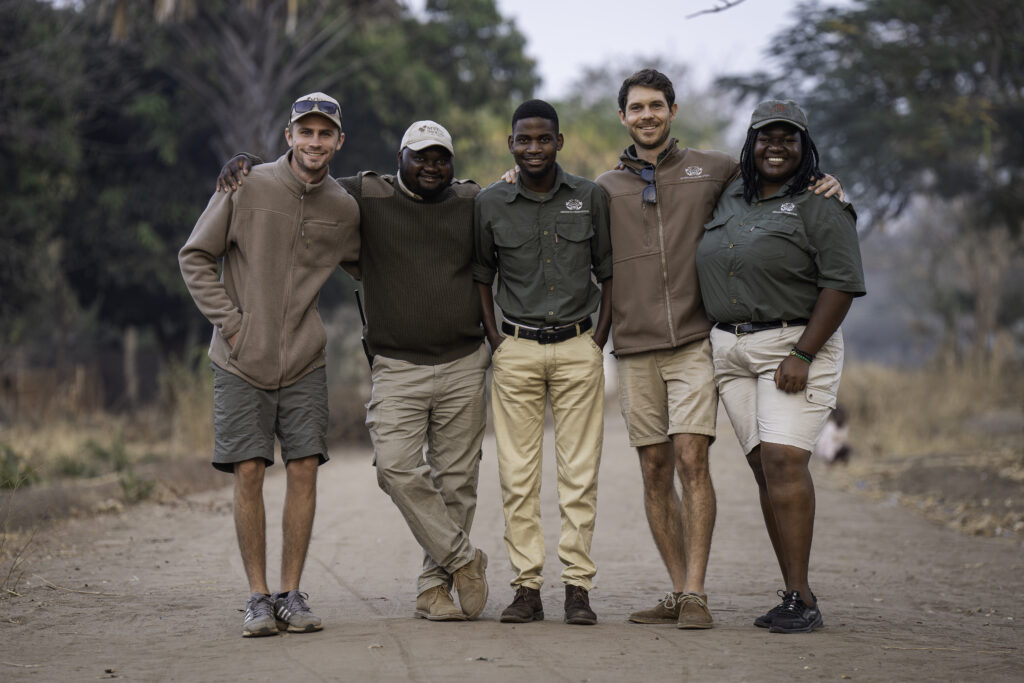
Sellah has an ambitious vision for LIC—to become a household name in Malawi that inspires a generation of conservationists with a clear mission to create a sustainable future for the country. “In five years, I see us teaching thousands of kids and being a stable, independent organisation.”
Sellah Malanga’s story is one of perseverance, passion, and hope. It serves as a reminder that each of us can make a difference. Her determination to protect the wildlife and educate the youth further secures Malawi’s natural beauty and plants the seeds for a better, greener tomorrow.
